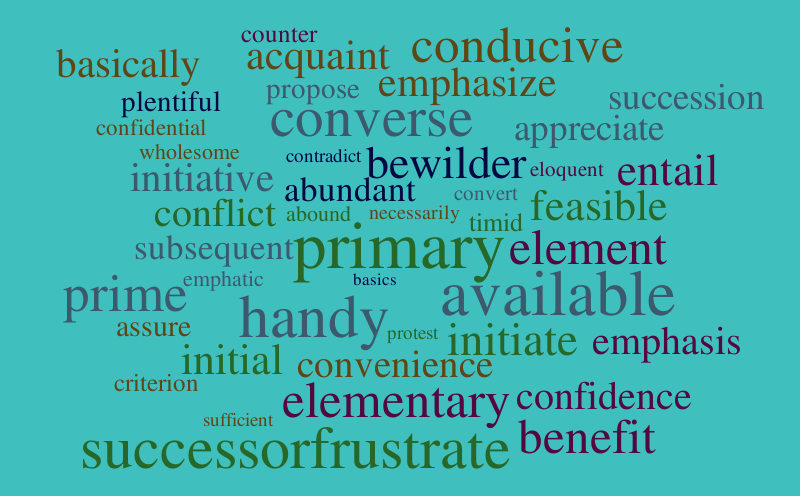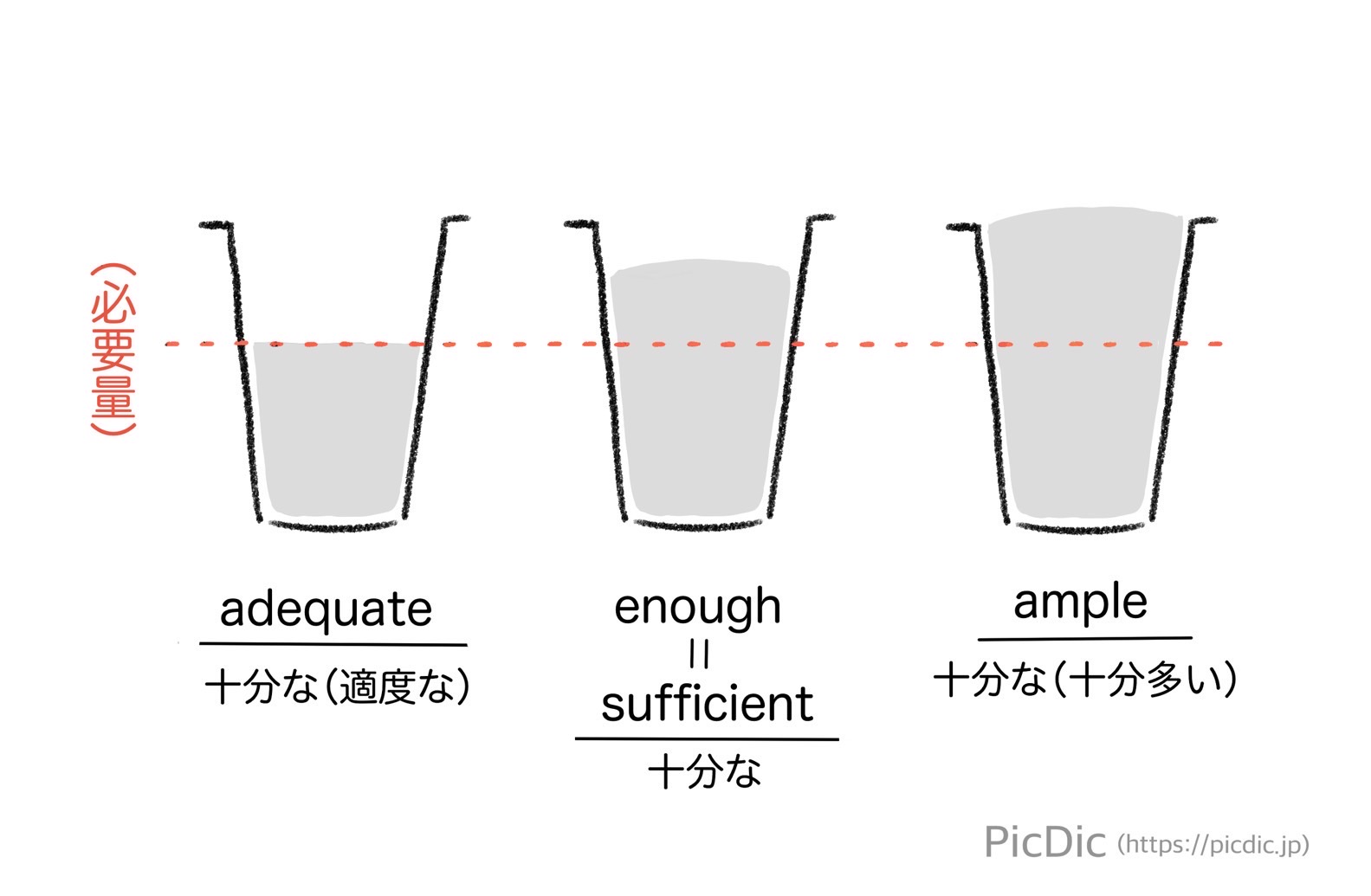The Concept of “More Than Enough”

The concept of “more than enough” delves into the philosophical realms of abundance, sufficiency, and contentment. It explores the intricate relationship between our desires, our needs, and our perception of what constitutes a fulfilling life. This concept transcends mere material possessions and delves into the profound impact of our mindset on our overall well-being.
Philosophical Implications of “More Than Enough”
The concept of “more than enough” challenges conventional notions of progress and prosperity. It suggests that true fulfillment may not lie in accumulating more but in finding contentment with what we already have. This approach emphasizes the importance of gratitude, simplicity, and a shift in focus from material acquisition to experiences and relationships.
“The best and most beautiful things in the world cannot be seen or even touched – they must be felt with the heart.” – Helen Keller
Cultural and Historical Variations in the Concept of “More Than Enough”
The concept of “more than enough” has varied significantly across cultures and historical periods. In some cultures, like those of indigenous communities, the emphasis has been on living in harmony with nature and respecting the balance of resources. This often involves a focus on sustainable practices and a deep appreciation for the interconnectedness of all things.
- In traditional indigenous cultures, the concept of “enough” is often tied to the idea of living within the limits of the environment, respecting the carrying capacity of the land and ensuring that future generations will have access to resources. This perspective contrasts with the modern Western model of endless growth and consumption.
- In ancient Greek philosophy, the concept of “eudaimonia” – a state of flourishing or well-being – emphasized virtue, wisdom, and living in accordance with one’s true nature. This approach suggests that true fulfillment comes from cultivating inner qualities rather than external possessions.
Examples of Individuals and Societies Who Have Embraced “More Than Enough”
Throughout history, individuals and societies have embraced the concept of “more than enough” with varying degrees of success. Examples include:
- The Amish community, known for their simple lifestyle and focus on community, provides a contemporary example of a society that prioritizes sufficiency over material accumulation. They reject modern conveniences and strive to live in harmony with nature, valuing simplicity and self-sufficiency.
- The Bhutanese government’s Gross National Happiness Index (GNH) is a notable example of a society that prioritizes well-being over economic growth. The GNH considers factors like environmental sustainability, cultural preservation, and good governance in addition to economic indicators.
Consequences of Embracing “More Than Enough”
Embracing the concept of “more than enough” can have profound consequences for individuals and societies:
- Reduced consumption and waste: By shifting our focus from material acquisition to experiences and relationships, we can reduce our overall consumption and waste, contributing to a more sustainable lifestyle.
- Increased contentment and well-being: Living with a mindset of “more than enough” can lead to increased contentment and well-being. By focusing on what we have rather than what we lack, we can cultivate gratitude and appreciate the simple joys of life.
- Stronger community bonds: When we prioritize relationships and experiences over material possessions, we can strengthen our community bonds and foster a sense of shared purpose.
The Impact of “More Than Enough” on Individuals and Society

The concept of “more than enough” can have profound effects on individuals and society. It challenges traditional notions of scarcity and drives a shift in values and priorities, leading to both positive and negative consequences.
The Psychological Effects of “More Than Enough”
Having “more than enough” can impact an individual’s psychological state, leading to a mix of potential benefits and drawbacks.
- Reduced Stress and Increased Freedom: When basic needs are met and financial security is established, individuals experience reduced stress and anxiety. This allows them to pursue personal passions, explore new opportunities, and engage in activities that bring them joy and fulfillment. For example, a person who has “more than enough” might be able to pursue a creative hobby, travel the world, or volunteer their time to causes they care about, leading to a sense of purpose and well-being.
- Complacency and a Sense of Entitlement: Conversely, having “more than enough” can foster a sense of complacency and entitlement. Individuals might become accustomed to a certain level of comfort and luxury, making them less motivated to strive for improvement or contribute to society. For instance, a person who has inherited a large fortune might feel entitled to a lavish lifestyle without putting in the effort to earn it, potentially leading to a disconnect from reality and a lack of appreciation for the value of hard work.
Societal Implications of “More Than Enough”
The widespread adoption of “more than enough” as a societal value has far-reaching implications for resource allocation, economic systems, and social structures.
- Resource Allocation: In a society where “more than enough” is the norm, there is a greater emphasis on consumption and the acquisition of material goods. This can lead to increased demand for resources, potentially straining natural resources and exacerbating environmental issues. For instance, a society focused on “more than enough” might prioritize the production of luxury goods over essential resources, leading to depletion of natural resources and environmental damage.
- Economic Systems: The pursuit of “more than enough” can influence economic systems, leading to a widening gap between the wealthy and the poor. The concentration of wealth in the hands of a few can create social and economic instability, potentially leading to social unrest and political upheaval. For example, in a society where “more than enough” is valued, a small elite might control a disproportionate share of resources, creating economic inequality and social tensions.
- Social Structures: The widespread adoption of “more than enough” can alter social structures, potentially leading to a decline in social cohesion and a sense of community. Individuals might become more focused on personal gain and less inclined to participate in activities that benefit the common good. For example, a society where “more than enough” is the dominant value might see a decline in community involvement, volunteerism, and civic engagement, leading to a weakening of social bonds and a decline in collective action.
A Society of “More Than Enough”
Imagine a society where “more than enough” is the dominant value, where everyone has access to abundant resources and the means to live comfortably. This society might offer a range of potential benefits:
- Reduced Poverty and Inequality: With everyone having “more than enough,” poverty and inequality would be significantly reduced, creating a more equitable and just society.
- Increased Innovation and Creativity: With basic needs met and financial security assured, individuals might be more inclined to pursue innovative ideas and creative endeavors, leading to advancements in science, technology, and the arts.
- Enhanced Well-being and Happiness: A society where everyone has “more than enough” could lead to increased well-being and happiness, as individuals are free from financial worries and have the resources to pursue their passions and goals.
However, this society might also face challenges:
- Environmental Strain: The abundance of resources and increased consumption could put a significant strain on the environment, leading to resource depletion and environmental degradation.
- Complacency and Lack of Motivation: With everyone having “more than enough,” individuals might become complacent and lose their motivation to work hard, innovate, or contribute to society.
- Social Disconnect and Alienation: The pursuit of individual fulfillment and material wealth might lead to social disconnect and alienation, as individuals become less engaged in community activities and social bonds weaken.
Seeking “More Than Enough” in Different Aspects of Life

The concept of “more than enough” transcends material possessions and extends to various facets of our lives, encompassing relationships, experiences, and personal fulfillment. It’s not about accumulating an excess but rather about achieving a sense of contentment and satisfaction in each area.
Material Possessions
The pursuit of “more than enough” in material possessions often involves finding a balance between needs and wants. It’s about recognizing that true fulfillment doesn’t come from acquiring endless gadgets or accumulating a vast wardrobe. Instead, it lies in appreciating what we have, using our resources wisely, and prioritizing experiences over material goods.
- Mindful Consumption: Engage in conscious purchasing decisions, considering the true value and necessity of items before acquiring them. This involves being aware of marketing tactics, resisting impulsive buys, and opting for quality over quantity.
- Minimalism: Embrace a minimalist lifestyle by decluttering and simplifying your possessions. This allows you to focus on what truly matters and creates a sense of freedom from material burdens.
- Experiences Over Possessions: Prioritize investing in experiences that create lasting memories and enrich your life, such as travel, learning new skills, or spending quality time with loved ones.
Relationships
Achieving a sense of “more than enough” in relationships involves cultivating meaningful connections based on mutual respect, understanding, and shared values. It’s about fostering a network of supportive individuals who enrich your life and contribute to your overall well-being.
- Quality Over Quantity: Focus on building deep, meaningful connections with a select group of individuals rather than striving for a large, superficial network.
- Open Communication: Practice open and honest communication with your loved ones, expressing your needs and listening attentively to theirs.
- Nurturing Relationships: Make a conscious effort to nurture existing relationships through regular communication, shared activities, and acts of kindness.
Experiences
The pursuit of “more than enough” in experiences goes beyond simply accumulating a list of things to do. It’s about engaging in activities that expand your horizons, challenge your perspectives, and leave a lasting impact on your life.
- Travel and Exploration: Embrace the opportunity to explore new cultures, landscapes, and ways of life. Travel broadens your perspectives, fosters a sense of wonder, and enriches your understanding of the world.
- Learning and Growth: Engage in activities that challenge you intellectually and stimulate your creativity, such as pursuing new hobbies, taking courses, or reading widely.
- Living in the Present Moment: Practice mindfulness and appreciate the beauty and richness of everyday experiences. This involves being fully present in the moment, savoring simple joys, and engaging in activities that bring you a sense of fulfillment.
Personal Fulfillment
The pursuit of “more than enough” in personal fulfillment involves aligning your actions with your values and passions. It’s about finding a sense of purpose, meaning, and satisfaction in your life, regardless of external achievements or accolades.
- Self-Reflection: Engage in regular self-reflection to identify your core values, passions, and aspirations. This helps you understand what truly matters to you and guides your choices.
- Goal Setting: Set meaningful goals that align with your values and aspirations. These goals should challenge you, inspire you, and contribute to your overall sense of fulfillment.
- Contribution and Service: Find ways to contribute to something larger than yourself, whether it’s through volunteering, mentorship, or pursuing a career that aligns with your values.
Sometimes, the universe whispers to us, “You have more than enough.” It might show up in the form of a sunrise painting the sky with vibrant hues, or the gentle laughter of a child, or perhaps even in the portrayal of a powerful warrior like jason of dune actor , reminding us of our own inner strength.
These moments, however small or grand, are the universe’s way of saying, “You are enough, and you have more than enough to face whatever comes your way.”
Sometimes, we get caught up in the pursuit of more, believing that we’ll find happiness and fulfillment once we reach a certain point. But the truth is, there’s more than enough right here, right now. It’s in the simple joys, the connections we make, and even the little victories, like cracking the daily nyt wordle puzzle.
These moments, big or small, are the building blocks of a fulfilling life, reminding us that true abundance isn’t about what we have, but how we appreciate what we already possess.
